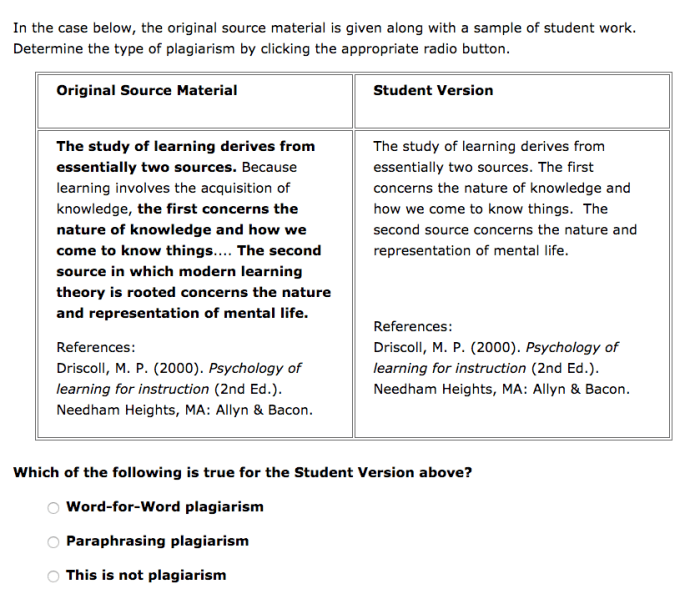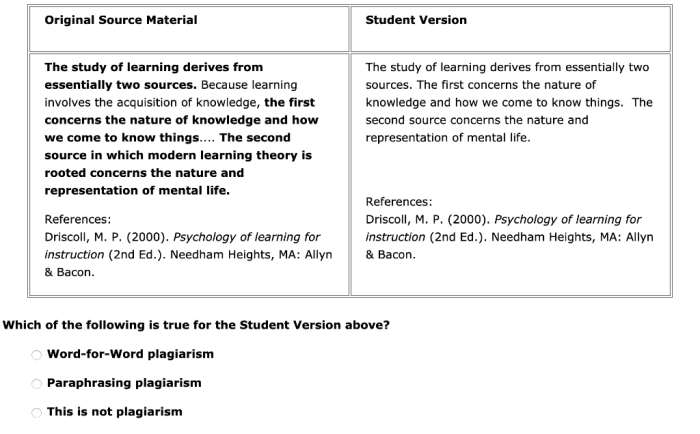The study of learning derives from essentially two sources, namely philosophy and psychology. These disciplines have significantly influenced our understanding of how individuals acquire, retain, and apply knowledge and skills.
Philosophers have pondered the nature of learning for centuries, examining the role of experience, reason, and innate abilities. Their insights have laid the groundwork for various learning theories, shaping our comprehension of the cognitive processes involved in learning.
Sources of the Study of Learning

The study of learning derives from essentially two sources: philosophy and psychology.
Philosophy provides the conceptual framework for understanding the nature of learning, while psychology provides the empirical methods for investigating the processes of learning.
Philosophical Roots, The study of learning derives from essentially two sources
Philosophers have been interested in learning for centuries, and their ideas have had a profound influence on the way we think about learning today.
One of the most important philosophical influences on the study of learning is the work of Plato. Plato believed that learning is a process of remembering knowledge that we have forgotten. He argued that the soul is immortal and that we have access to all knowledge in our previous lives.
Another important philosophical influence on the study of learning is the work of Aristotle. Aristotle believed that learning is a process of acquiring new knowledge through experience. He argued that the mind is a blank slate at birth and that we learn by associating new experiences with existing knowledge.
The philosophical roots of the study of learning have shaped our understanding of learning in many ways. For example, Plato’s ideas have led to the development of the theory of innate knowledge, while Aristotle’s ideas have led to the development of the theory of empiricism.
Psychological Perspectives
Psychologists have also been interested in learning for centuries, and their research has provided us with a wealth of knowledge about the processes of learning.
One of the most important psychological perspectives on learning is the behaviorist perspective. Behaviorists believe that learning is a process of conditioning. They argue that we learn by associating new behaviors with positive or negative consequences.
Another important psychological perspective on learning is the cognitive perspective. Cognitive psychologists believe that learning is a process of mental processing. They argue that we learn by constructing new knowledge based on our experiences.
The psychological perspectives on learning have shaped our understanding of learning in many ways. For example, the behaviorist perspective has led to the development of the theory of operant conditioning, while the cognitive perspective has led to the development of the theory of constructivism.
Top FAQs: The Study Of Learning Derives From Essentially Two Sources
What are the key differences between philosophical and psychological perspectives on learning?
Philosophical perspectives tend to focus on the nature of knowledge and the role of reason in learning, while psychological perspectives emphasize the cognitive processes and observable behaviors associated with learning.
How have learning theories influenced educational practices?
Learning theories have had a profound impact on educational practices, informing the design of curricula, teaching methods, and assessment strategies. For example, constructivist theories have led to a greater emphasis on active learning and student-centered approaches.


